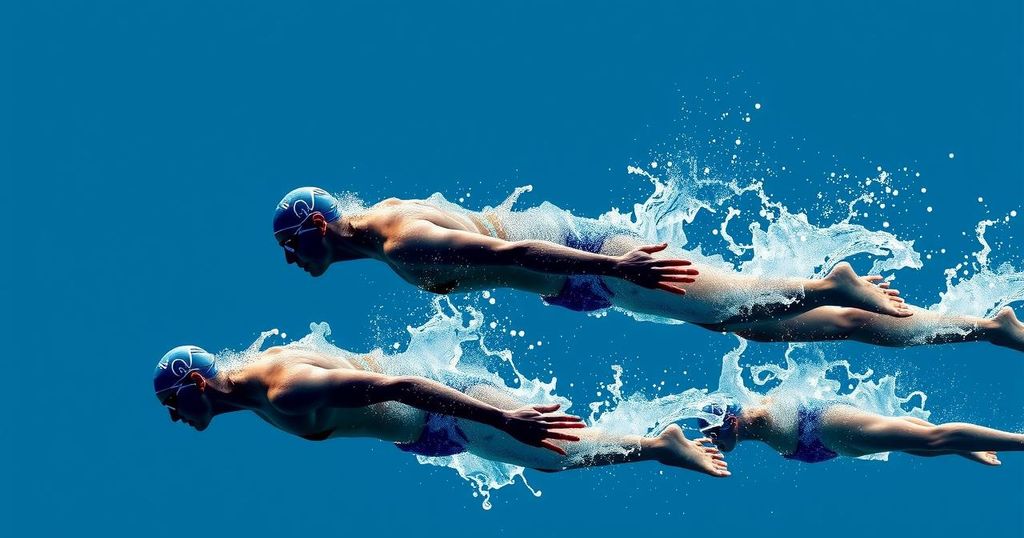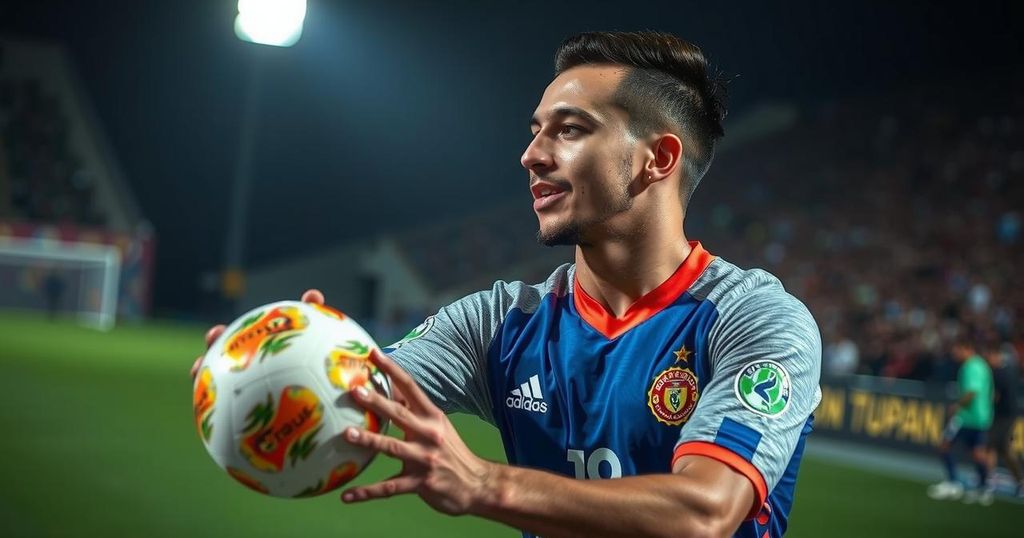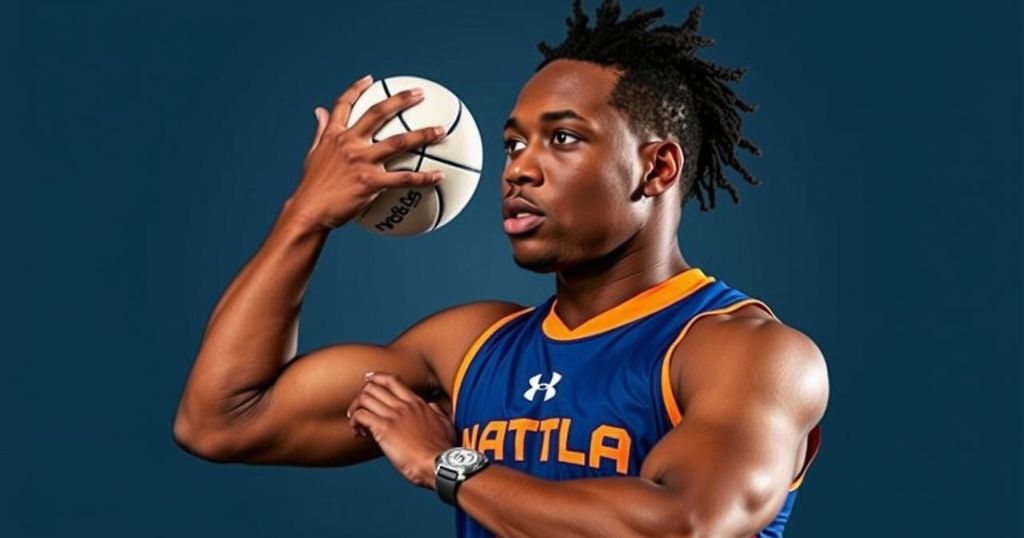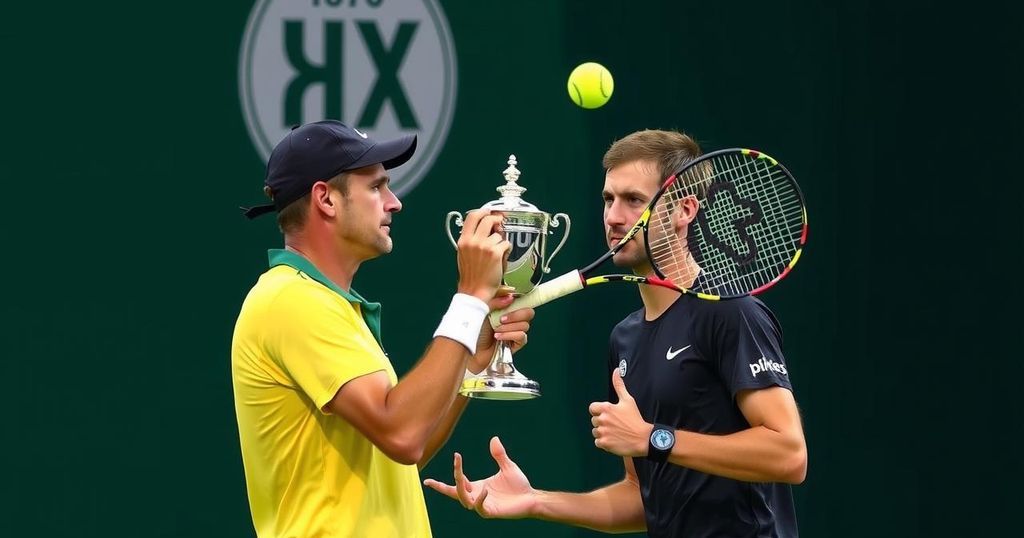Detailed Analysis of the 2024 Olympics Men’s 1500m Freestyle Race
**2024 Olympics: Analysis of Men’s 1500m Freestyle Races**
In anticipation of the 2024 Paris Olympics, the French governing body for swimming, Fédération Française de Natation, has provided a comprehensive data analysis booklet pertaining to each event featured in the games. This extensive guide delves into crucial performance metrics such as swimmers’ 25m splits, the duration of time spent underwater, stroke counts, and more, presented in a tabulated format that outlines the particulars of each finalist’s data. Over the ensuing days, I will select several noteworthy races from the Olympics and scrutinize the analytical data surrounding the world’s elite swimmers.
The analysis booklet, which is available in French, comprises four core sections:
1. **Laps** (splits),
2. **Parties Nagées** (parts of the race swum),
3. **Parties Non Nagées** (parts of the race not swum, which includes the starts, underwater phases, and finishes), and
4. **Mouvements** (stroke counts and related metrics).
### Notable Performances
Among the featured events, Bobby Finke distinguished himself by shattering Sun Yang’s long-standing world record of 14:31.02, achieved during the 2012 Olympics. Finke’s time of 14:30.67 not only crowned him as the first swimmer to complete the event in under 14 minutes and 31 seconds but also earned him the United States’ sole individual gold medal in the male category during the late hours of the competition. Veteran distance swimmer Gregorio Paltrinieri secured his fifth Olympic medal with a second-place finish, while Daniel Wiffen brought home Ireland’s second male swimming medal. The final standings were as follows:
– **Bobby Finke**, United States (WR) – 14:30.67
– **Gregorio Paltrinieri**, Italy – 14:34.55
– **Daniel Wiffen**, Ireland – 14:39.63
– **David Betlehem**, Hungary – 14:40.91
– **Kuzey Tuncelli**, Turkey – 14:41.22
– **Ahmed Jaouadi**, Tunisia – 14:43.35
– **David Aubry**, France – 14:44.66
– **Damien Joly**, France – 14:52.61
### Laps (Splits)
For context, I will forego detailing all 240 individual 50-meter splits recorded from each swimmer (composed of 30 segments for each of the eight competitors) and instead offer a summary of the fastest, slowest, and average splits for each participant. Given the event’s long-distance nature, the focus will shift from previous sprint analyses.
– **Fastest 100m Splits:**
– Jaouadi: 55.18
– Finke: 55.34
– Betlehem: 55.51
– Paltrinieri: 56.02
– Tuncelli: 56.08
– Wiffen: 56.36
– Aubry: 57.06
– Joly: 57.61
– **Slowest 100m Splits:**
– Finke: 58.76
– Paltrinieri: 58.93
– Wiffen: 59.31
– Betlehem: 59.34
– Aubry: 59.43
– Tuncelli: 59.55
– Joly: 1:00.16
– Jaouadi: 1:00.42
### Statistical Insights
Notably, Ahmed Jaouadi recorded both the fastest and slowest 100m splits, demonstrating considerable variability in performance that contrasts with Bobby Finke’s consistent pacing. Analyzing average splits reveals:
– **Average 100 Split (seconds):**
– Finke: 58.04
– Paltrinieri: 58.30
– Wiffen: 58.64
– Betlehem: 58.73
– Tuncelli: 58.75
– Jaouadi: 58.89
– Aubry: 58.98
– Joly: 59.51
### Breakdown of Parts Swum
This section captures each swimmer’s total time while actively swimming, excluding starts, turns, and finishes:
– Finke: 13:09.81
– Aubry: 13:18.68
– Betlehem: 13:21.59
– Wiffen: 13:29.26
– Tuncelli: 13:30.89
– Paltrinieri: 13:31.94
– Joly: 13:36.10
– Jaouadi: 13:36.28
### Evaluation of Underwater Phases
In addition, the analysis showcases times spent underwater and distances covered for each competitor. Aubry recorded the most underwater distance at 204.3 meters, with Finke closely following at 198.0 meters. Interestingly, the data suggests that Finke, while allocating 18 seconds more to underwater phases, achieved a vastly superior outcome relative to Paltrinieri, who participated with less underwater strategy but secured second place.
### Stroke Count Analysis
The final section examines each swimmer’s total stroke counts, demonstrating that:
– Betlehem: 1236 strokes
– Tuncelli: 1167 strokes
– Paltrinieri: 1136 strokes
– Joly: 1028 strokes
– Finke: 1009 strokes
– Jaouadi: 983 strokes
– Wiffen: 965 strokes
– Aubry: 906 strokes
The variability in stroke counts among swimmers reaffirms that race strategy is pivotal. For instance, David Betlehem’s extensive stroke count did not equate to a proportionate performance advantage over David Aubry, whose fewer strokes resulted only in a slight time deficit. Bobby Finke’s methodical stroke efficiency ultimately enabled his record-setting performance.
In conclusion, the data reveals distinct strategies among the competing swimmers at the Paris 2024 Olympics. The nuanced assessment of their performance metrics underscores the diverse methods employed in pursuit of excellence in the pool.








Post Comment